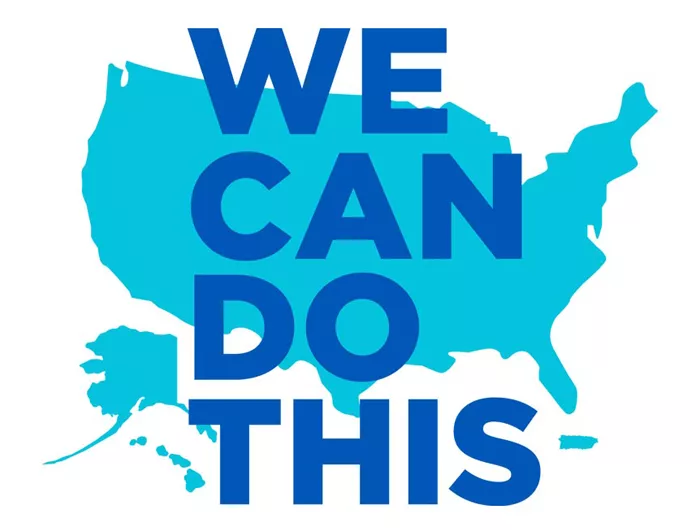Why getting vaccinated is a game changer

U.S. Department of Health and Human Services.
This post is by Dr. Peter Lurie, president of CSPI (Nutrition Action’s publisher) and author of CSPI’s Covid-19 blog, Beyond the Curve.
It has been more than a year since the country entered lockdown in the battle against Covid-19...and all of us entered a new world of social distancing, hand washing, mask wearing, avoiding large gatherings, and not seeing family and friends.
Today, finally, there’s a glimmer of hope. The game changer: vaccines.
Covid cases and rates are already down dramatically from their January peaks. The challenge now is to try to approach “herd immunity,” typically defined as the point at which 70 to 85 percent of the population has already been exposed to the virus, vaccinated against it, or both.
That’s easier said than done. Here’s why:
- Age. Between a quarter and a fifth of Americans are under 18, and herd immunity will be out of reach until a significant number of them have been vaccinated. As of this writing, though, none of the U.S. vaccines have been authorized for anyone under 16.
- Variants. Rising vaccination rates mean fewer infections, but the virus is constantly mutating. Some future variant could be more infectious, more lethal, and (though that’s not the case now) less susceptible to the U.S. vaccines.
- Skepticism. A sizeable fraction of the population is “vaccine hesitant.” While that number should drop as the benefits of being vaccinated become more evident, those folks will become more of a factor once everyone else has gotten their jab.
At CSPI, we’re doing our part.
Recently, we were invited by the White House to be a founding member of the Community Corps. It’s part of the administration’s “We Can Do This” campaign “to increase vaccine confidence while reinforcing basic prevention measures.”
We’ve also put together a website on the safety and effectiveness of the vaccines. Its bottom line: While rare complications can always emerge as the vaccination campaign ramps up, all the vaccines currently available in the U.S. are strikingly effective, and their benefits greatly outweigh their known risks.
They’re especially effective when it comes to preventing the most serious Covid infections. They protect against the variants that are currently circulating. Notably, they protect older people. And most have been shown to protect against asymptomatic infections. (If you’re asymptomatic, you have no symptoms but can still spread the disease.)
That’s why the single most important thing you can do right now is to get vaccinated (if you haven’t already) and to let any friends or relatives who are on the fence know why you did.
That’s our way out of the pandemic—one shot at a time.
Topics

